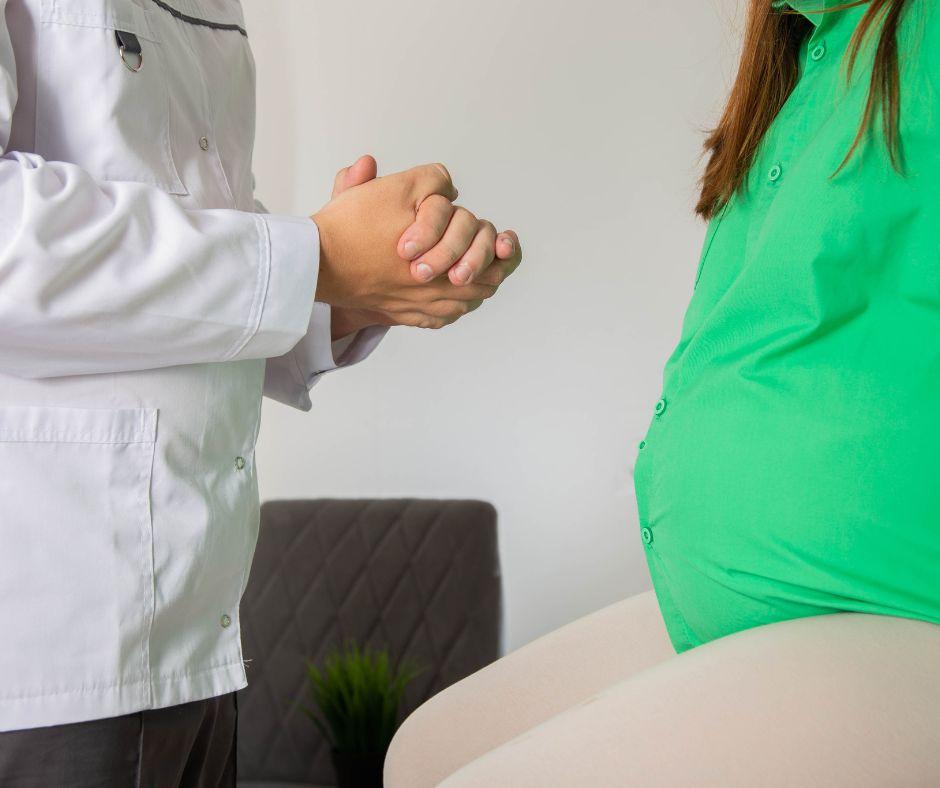A Monroe County Circuit Court judge has denied Planned Parenthood’s request to modify the state’s near-total abortion ban to include more health exceptions and to block the law’s provision that abortion exceptions must be performed only in hospitals. Indiana’s Senate Bill 1 (SB 1), which went into effect August 2023, prohibits abortion except to preserve the health and life of the mother, and in cases of rape, incest, and fatal fetal anomalies.
Planned Parenthood, the nation’s largest abortion business, sued the state’s medical licensing board claiming the law “unnecessarily” restricted abortion access with a narrow medical exception list and discriminated against abortion facilities in favor of hospitals. The abortion giant sought a permanent injunction so women could kill their unborn babies under a swath of additional medical conditions, including mental health illnesses. Planned Parenthood also argued abortion facilities would reduce financial and travel “burdens’ for women having to seek out hospitals for abortions. Notably, Planned Parenthood indirectly revealed how the hospital-only requirement had resulted in the company’s lost business by stating that 98 percent of surgical abortions in the state had once been performed by abortion facilities prior to the law.
Judge Kelsey Hanlon ruled after a three-day bench trial that SB 1 does not “burden” the rights of Indiana citizens. Her ruling was in line with the Indiana Supreme Court, which in June 2023 also ruled against Planned Parenthood holding that SB 1 and its set of exceptions did not violate the state constitution.
“To summarize, Plaintiffs have not shown that SB 1 materially burdens the rights of any specific patient or well-defined class of patients to access constitutionally protected abortion care,” wrote Judge Hanlon.
While Planned Parenthood argued that illnesses such as diabetes, preeclampsia, auto-immune disorders, obstructive sleep apnea, mental illnesses, and more fell under “constitutionally-protected abortions,” Judge Hanlon noted that experts on “both sides” agree that abortion “is not the only way” to treat these conditions.
In her ruling, Hanlon stated that there could be situations where physicians “may want to perform an abortion,” but that there had not been a single medical condition identified that fell outside the law’s set of exceptions while simultaneously being “necessary” to preserve the life or health of the mother.
Regarding mental health conditions, Judge Hanlon stated the “current scientific consensus” doesn’t prescribe abortion as a “direct treatment” for any mental health problem.
“Plaintiffs have not shown that there is a single mental health concern that must be treated with abortion,” wrote Judge Hanlon.
As for the hospital requirement, Judge Hanlon noted that SB 1’s list of exceptions has increased the likelihood that abortions would be conducted later in pregnancies involving more medical complexities.
“…medical professionals have proven themselves able to understand and apply the Health and Life Exception’s requirements,” wrote Judge Hanlon. “Indiana hospitals have developed guidance, procedures, and appropriate consultations to ensure that doctors can perform abortions permitted by S.B. 1.”
Judge Hanlon concluded, “Even assuming all women seeking abortion care will face economic hardship in doing so, a law does not violate the constitution solely because it directly or indirectly results in economic hardship.”
According to Indiana’s official abortion report, there has been a 98.6 percent drop in abortions in the state in the second quarter of 2024 when compared to the same quarter in 2023 before the abortion ban took effect. In April, May, and June of 2024, there were only 27 reported abortions when there were 1,938 in the same period in 2023. While Indiana’s birth rate data for 2024 is not yet available, states with similar near-total abortion bans have shown birth rates have increased while abortion rates have dropped drastically.
Liberty Counsel’s Founder and Chairman Mat Staver said, “Every person, whether unborn or born, has a right to life. Planned Parenthood wants to continue to profit from aborting innocent babies without regard to the health and safety of women. Abortion laws protect women and save lives.”
















